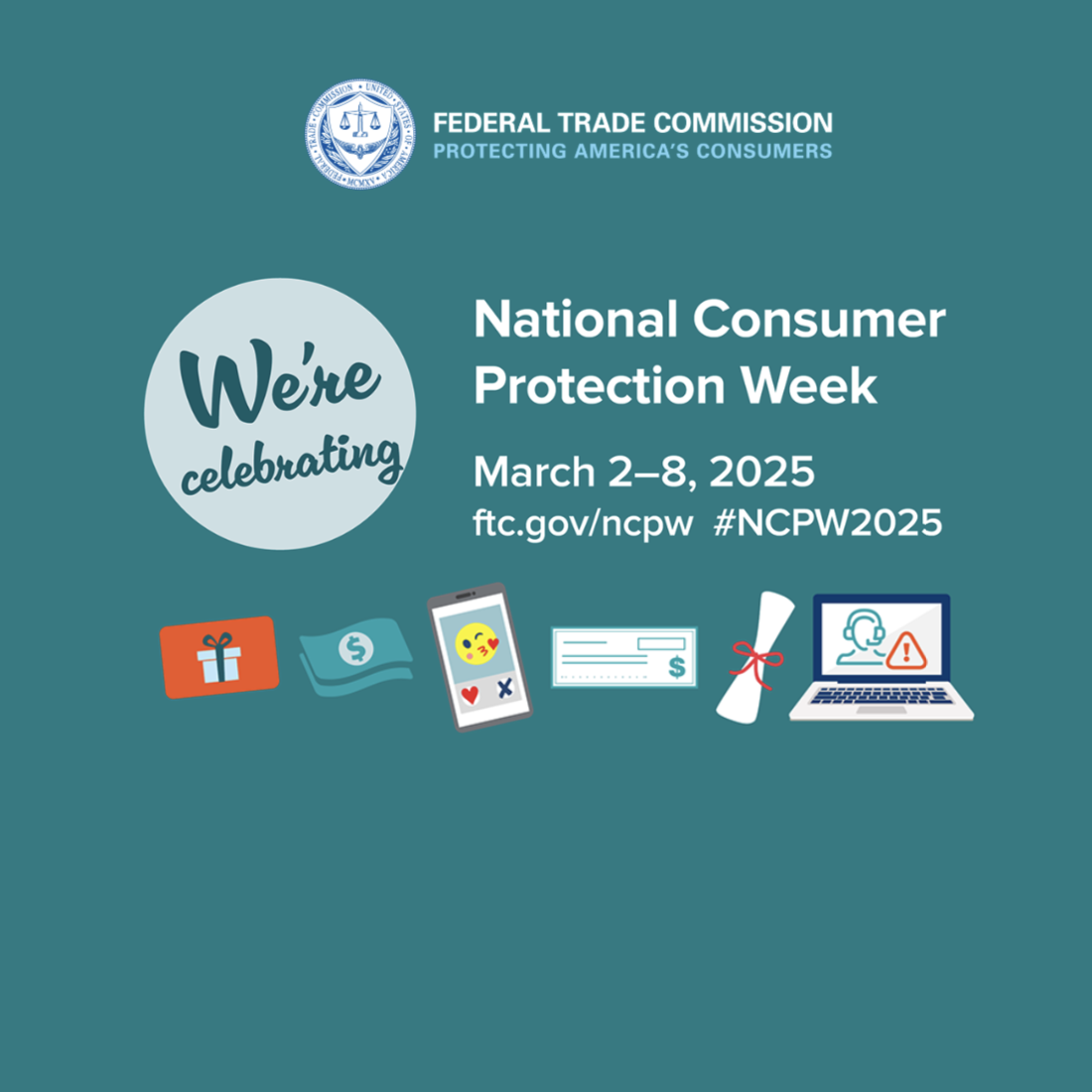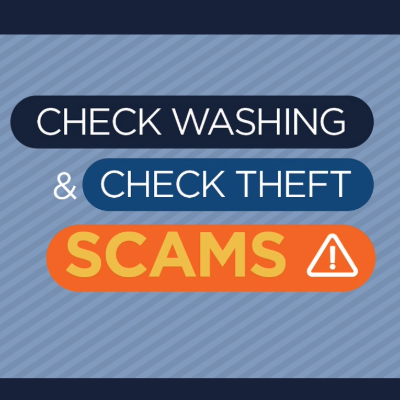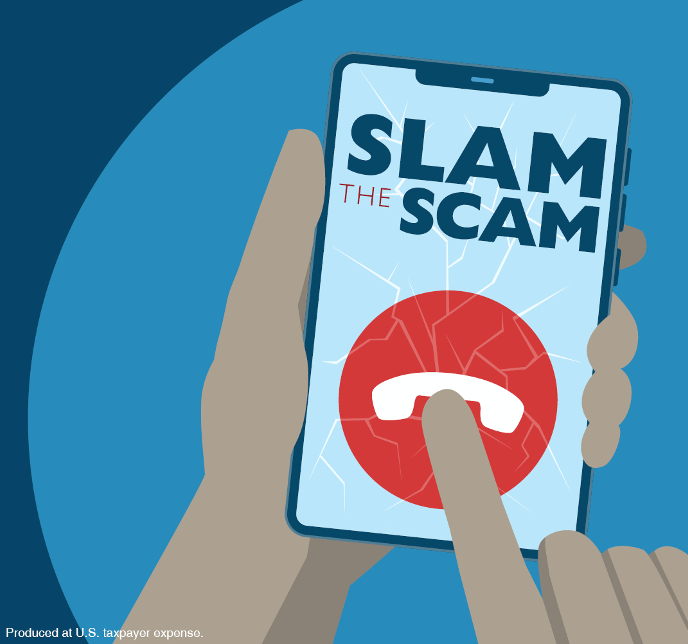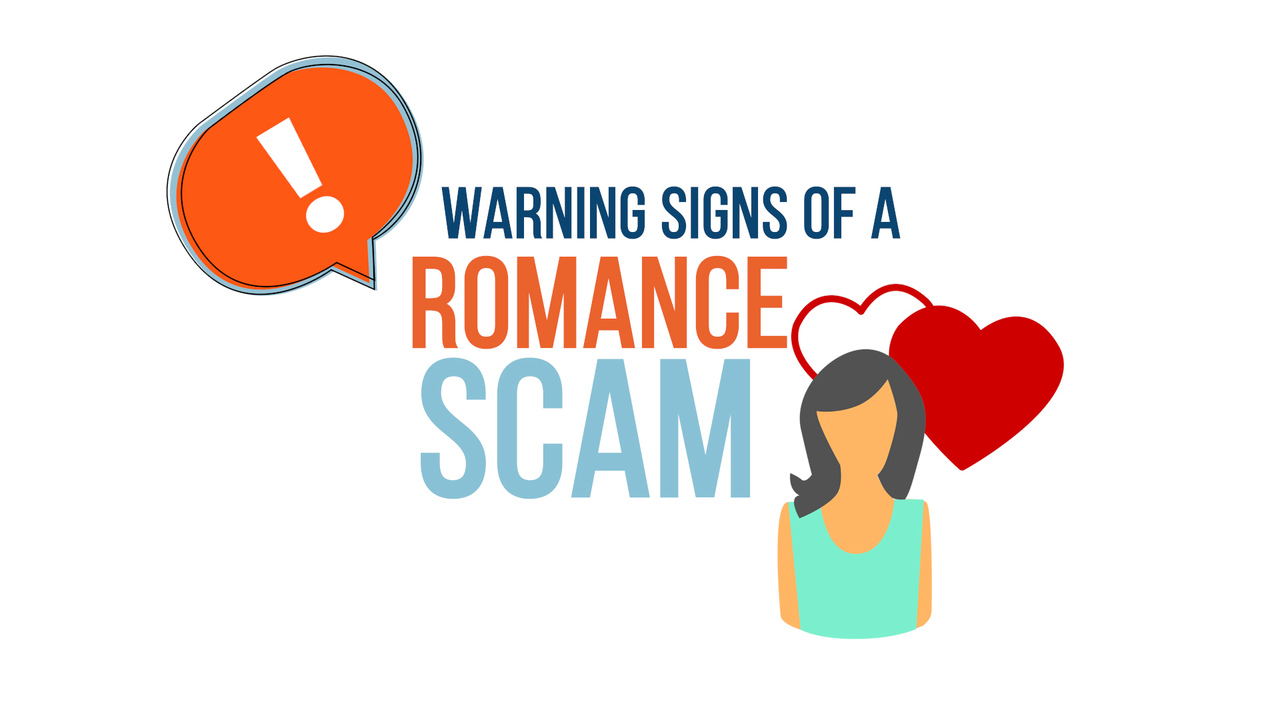Planters First Bank is committed to your financial safety and awareness, not just during National Consumer Protection Week (NCPW) from March 2-8, 2025, but all year round. NCPW is a collaborative effort among government agencies, consumer protection groups, and community banks like ours to empower individuals with knowledge about consumer rights and fraud prevention. Tips to Avoid Fraud: Watch for Money Laundering Schemes – Be cautious if someone asks you to move money through...
Celebrating National Consumer Protection Week
Read More » Posted on Mar 3, 2025











